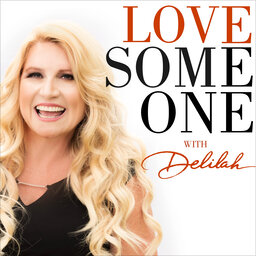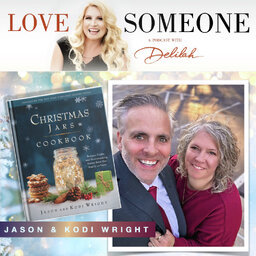LEE ISAAC CHUNG
Fresh from winning a Golden Globe for his semi-autobiographical film, MINARI, Lee Isaac Chung is my very special guest on LOVE SOMEONE today. A soft-spoken and deeply insightful man, Isaac tells me how the story honors his grandmother, who he felt was largely invisible figure during the very formative years of his youth. Minari, a common plant grown abundantly in their native Korea, symbolizes the restorative influence his grandmother had on his family... But I don't want to get ahead of myself or give too much away about this beautiful, and brilliantly cast film.
Listen in, and then, when given the opportunity, watch Golden Globe winning, Minari! ~ Delilah
Learn more about your ad-choices at https://www.iheartpodcastnetwork.com
 LOVE SOMEONE with Delilah
LOVE SOMEONE with Delilah


